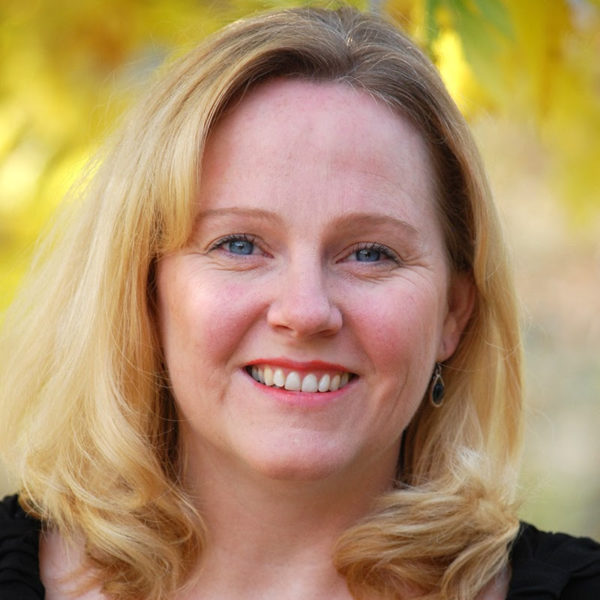
I received several emails from my son’s science teacher warning of the upcoming evolution unit, clarifying the goals of the unit, and offering opt-out pathways. I’ve long understood such disclaimers and options as being due to the reality that evolution as it relates to humankind does not mesh well with some religious cosmologies. The concept of the current biological state of humanity being a phase in a billion-year-long slow-and-steady march of natural variation does not match what many people believe.
So what happens when we go to teach current events, American history, civics and government, or other social sciences and students or families want to opt out because it does not match what they believe?
Continue reading









